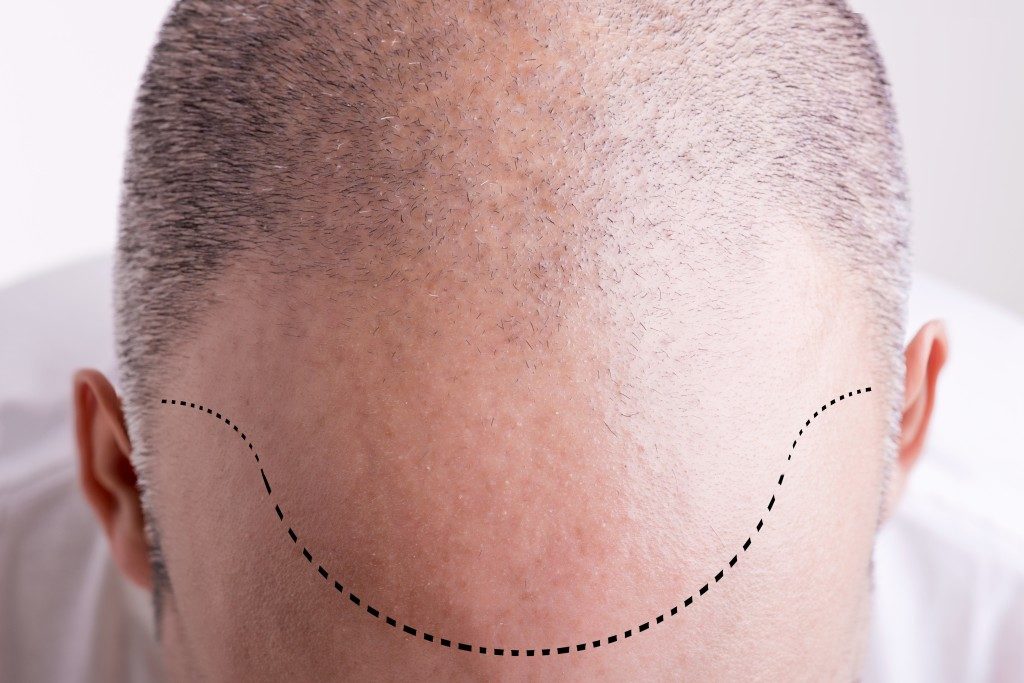- Smoking is prevalent in the U.S., causing various oral health issues, from gum disease to oral cancer.
- Substances in tobacco smoke result in tooth discoloration, bad breath, and slower healing post dental procedures.
- Nicotine replacement therapy offers a safer alternative to cigarettes, satisfying nicotine cravings without harmful chemicals.
- Counseling, FDA-approved medications, and quit-smoking apps can support individuals in their journey toward quitting smoking.
- Support groups, either local or online, provide social support for those attempting to quit, aiding in maintaining motivation.
Smoking is a dangerous habit that can cause numerous health problems, including oral health issues. Breathing in chemicals from tobacco smoke can harm your gums, teeth, and mouth. Here’s what you need to know about smoking in the U.S., how it can affect your oral health, and how to deal with it.
Smoking Today
It’s estimated that 12 out of 100 adults in the U.S. currently smoke cigarettes. Smoking rates are higher in certain areas, with 19 out of 100 adults smoking in some states. Cigars, pipes, and other combustible tobacco products are also prevalent in some areas of the country.
How Smoking Affects Your Oral Health
Smoking can lead to a variety of oral health. Here are some of them:
1. Gum Disease

Smoking is one of the most significant risk factors for developing gum disease. The chemicals in tobacco smoke can cause the gums to become inflamed, leading to periodontitis, a severe form of gum disease. When gum disease is left untreated, it can lead to tooth loss. Smokers are also at a higher risk of experiencing gum recession, which can expose the tooth roots and make teeth more sensitive to hot and cold temperatures.
2. Tooth Discoloration
Tobacco smoke can cause teeth to become discolored over time. Nicotine and tar in cigarettes stain teeth yellow or brown. The discoloration can be difficult to remove with regular brushing and flossing, and professional teeth cleaning may be necessary. Additionally, it might be good to get teeth whitening services to help. These services can remove deep stains that have been caused by smoking.
3. Bad Breath
The chemicals in smoke can linger in the mouth, throat, and lungs, leading to an unpleasant odor. Smoking can also cause dry mouth, contributing to bad breath.
4. Oral Cancer
Smoking is a significant risk factor for oral cancer. According to the National Cancer Institute, smokers are about six times more likely than non-smokers to develop oral cancer. Symptoms of oral cancer include mouth sores, difficulty chewing or swallowing, and changes in speech or voice.
5. Delayed Healing
Smoking can slow the healing process after oral surgery or other dental procedures. The nicotine in cigarettes constricts blood vessels, which can reduce the flow of oxygen and nutrients to the tissues in the mouth. This can slow down healing and increase the risk of infection.
Dealing With Smoking
There are various ways to deal with smoking for improved oral health. Here are five ways:
Nicotine Replacement Therapy
One of the best options for quitting smoking is to use nicotine replacement therapy (NRT). This involves using a product like patches, gum, or lozenges that contain nicotine. The idea behind NRT is that you’re still getting the nicotine your body craves while avoiding the harmful chemicals in cigarettes.
Counseling
Counseling can be helpful when it comes to quitting smoking. A therapist can provide guidance and support to help you stay on track with your quit plan. Counseling is especially beneficial if you’ve tried to quit without success.
Medication

Several medications have been approved by the Food and Drug Administration (FDA) as aids for quitting smoking. These medicines include bupropion and varenicline. They work by reducing cigarette cravings and helping to make smoking less satisfying.
Quit-Smoking Apps
Using a quit-smoking app can help you stay on track with your goals. There are many apps available that provide resources, support, and tracking tools to help you stick to your plan. For example, you can use apps for tracking your progress and setting reminders for when to take medications.
Support Groups
Support groups are an excellent resource for quitting smoking. These groups provide social support to others who are trying to quit as well. You can find local or online support groups that meet regularly to discuss issues related to quitting smoking. This can help you stay motivated and on track with your plan.
Smoking poses serious risks to not only your general health but also your oral health. The consequences range from gum disease and tooth discoloration to more severe conditions like oral cancer. However, quitting is not an impossible task. You can overcome this habit with the right combination of treatments. Remember, it’s never too late to quit for your oral health. Begin your journey to a smoke-free life today and enjoy the numerous health benefits of it.







